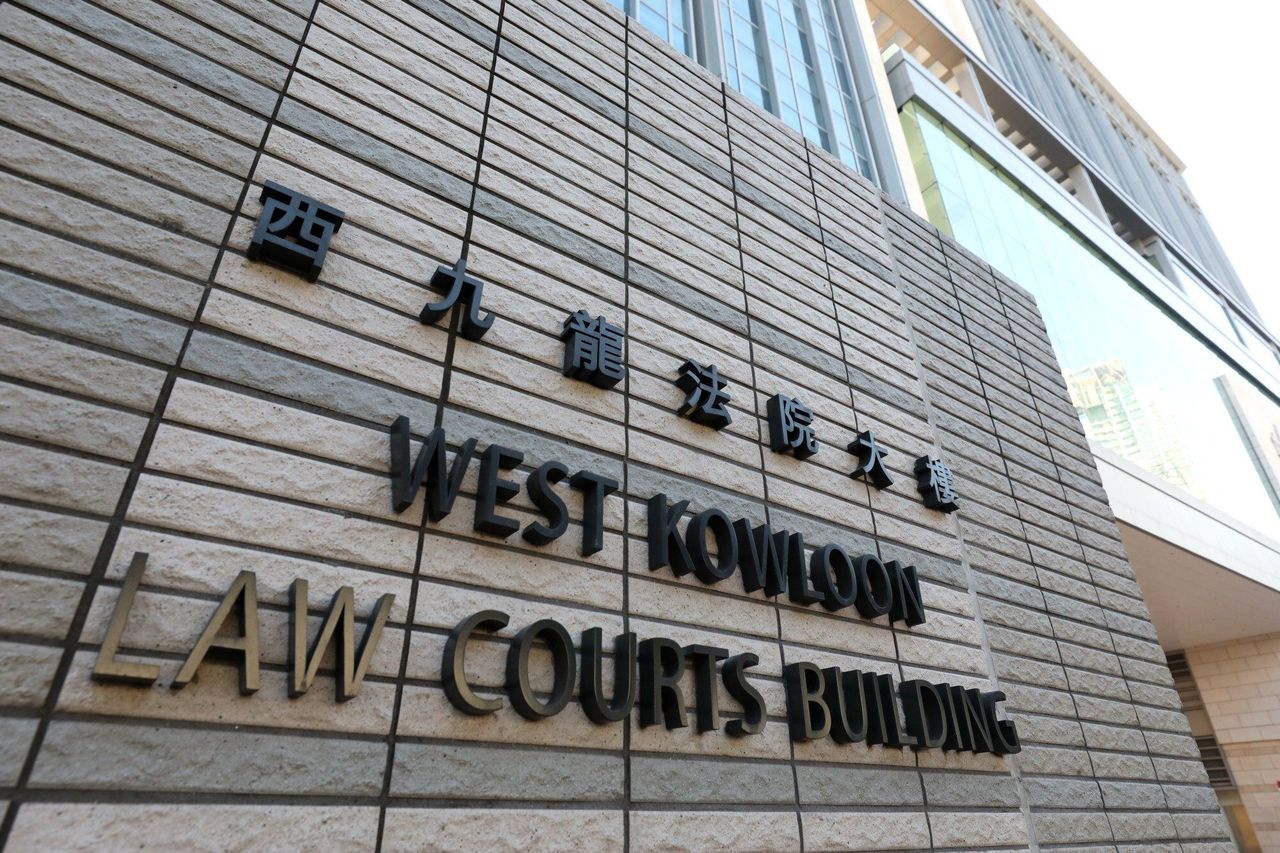Hong Kong News

Hong Kong solicitor convicted of wilfully obstructing officer
A solicitor has been convicted of wilfully obstructing a police officer by refusing to produce identification documents when he sought to enter a Hong Kong court for a national security law hearing last year.
Leo Yau Lut-pong, of Bond Ng Solicitors, had represented some of the 47 opposition politicians and activists charged with conspiring to subvert state power in relation to an unofficial primary election for the Legislative Council in July 2020.
The 35-year-old stood trial last December at West Kowloon Court, the same building which police barred him from entering when the 47 appeared in the dock for the first time on March 1 last year.
 Leo Yau was barred from entering West Kowloon Court for a national security law hearing last year.
Leo Yau was barred from entering West Kowloon Court for a national security law hearing last year.
The case was at the time the city’s biggest prosecution under the Beijing-imposed legislation and hundreds of supporters turned up that morning in hope of attending the hearing.
Latecomers who failed to get a seat in the public gallery had gathered outside the court in Cheung Sha Wan to shout independence slogans, prompting police to restrict access to the building that evening as the hearing continued into the small hours of the next day.
The trial in December heard that Yau had snubbed a request by Sergeant Wong Wai-kit to show his identity card and legal credentials, as he maintained that police had no power to cordon off the area and prevent him, an officer of the court, from going through.
The lawyer twice complained via the force’s 999 hotline and insisted he would refer the matter to the chief magistrate, but was arrested and taken away before he could do so.
In Wednesday’s verdict, magistrate Andy Cheng Lim-chi found it reasonable for police to regulate access to the court that day given what had happened earlier, and Yau had drawn suspicion upon himself by ignoring the sergeant’s request.
Cheng dismissed the defence’s notion that the lawyer had genuinely doubted the force’s authority, noting that Yau never asked the sergeant why he was intercepted. Instead, Cheng considered the lawyer’s indication that he would complain to the chief magistrate as an attempt to compel officers to let him pass.
“The defendant was neither inquiring about the grounds for police to close off the area, nor seeking to clarify with officers the limits of their powers,” he said.
“The defendant was in fact deliberately making it difficult for police to execute their duties. He did not genuinely believe that officers had no power to intercept him.”
Cheng extended Yau’s bail until sentencing on March 2, but warned that the serious nature of the offence generally called for jail time despite having a clear criminal record and good background. Yau faces up to two years behind bars.











